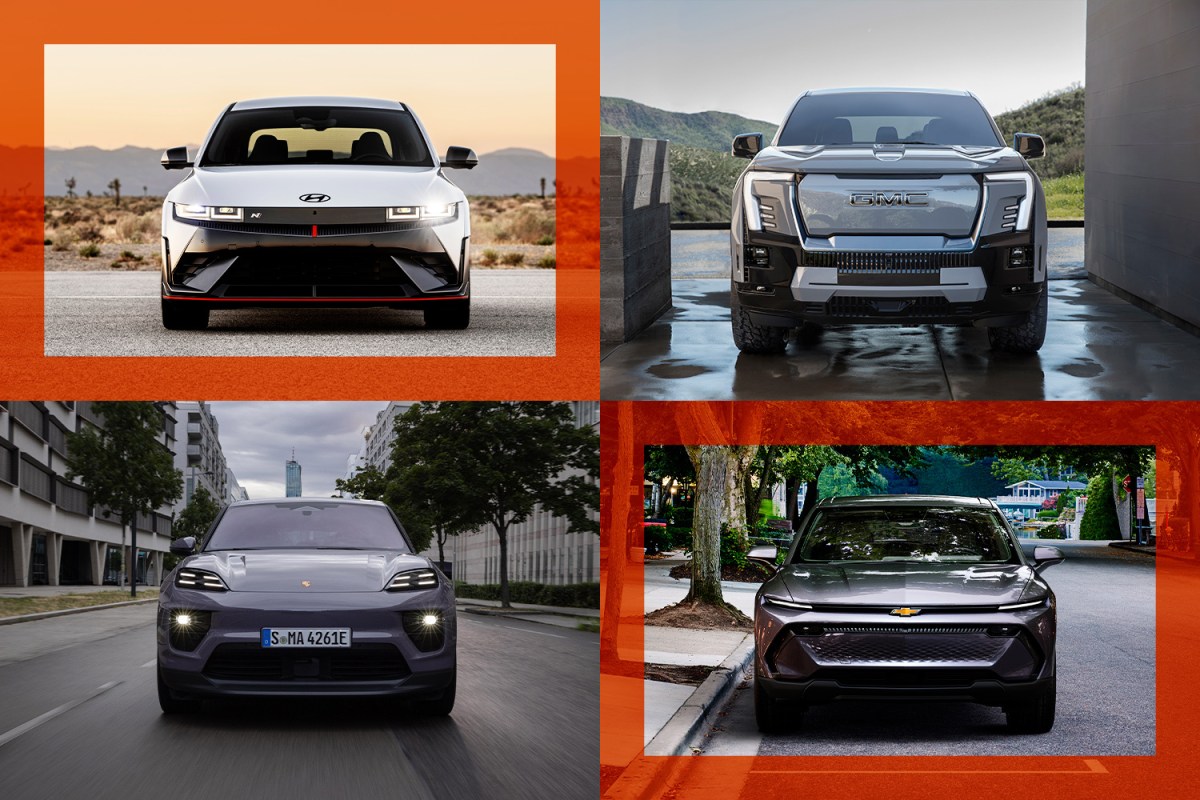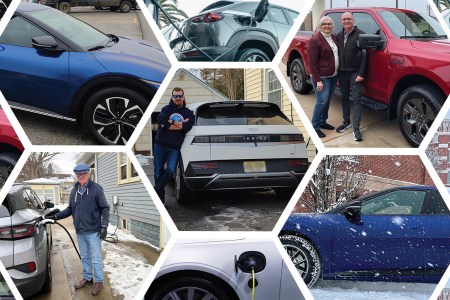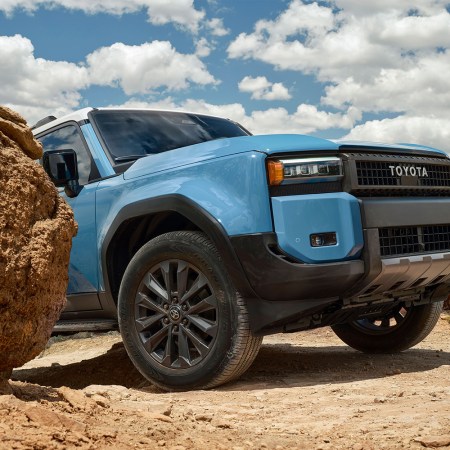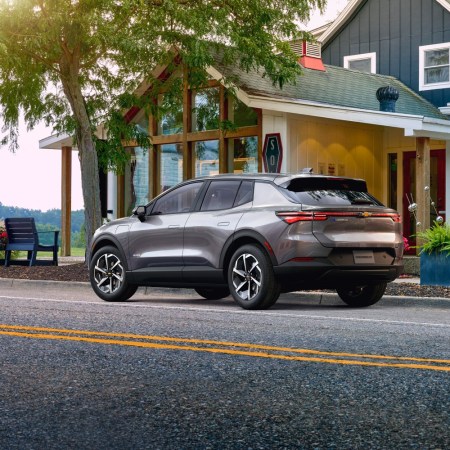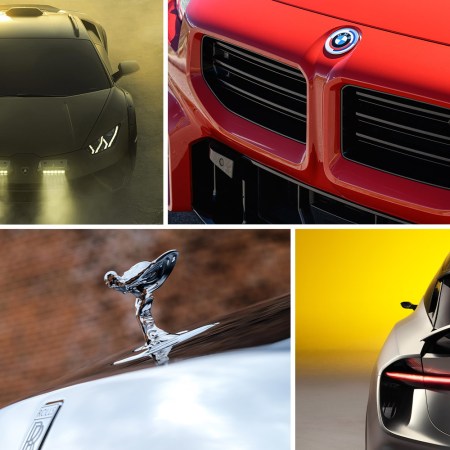There’s an avalanche of new EVs on the way in 2024, but you would hardly know it based on some of the doom and gloom coverage aimed at the electric vehicle industry. While it’s true that the state of electrification is currently in flux (and has been since the first real EVs arrived), it would be a mistake to think that the decisions of specific car companies, or the sensationalist reporting that pops up from time to time whenever something ugly happens to an electric automobile, represents where existing owners and would-be buyers are at.
With all that in mind — the good and the bad — we decided it was time for a state of the EV union. The latest and greatest vehicles? We’ll talk about them. Can the country’s charging infrastructure support you once you drive off the lot? We’ll assess that, too. Let’s take a look at the year ahead and the biggest issues on everyone’s mind when considering whether this is the year they finally go electric.
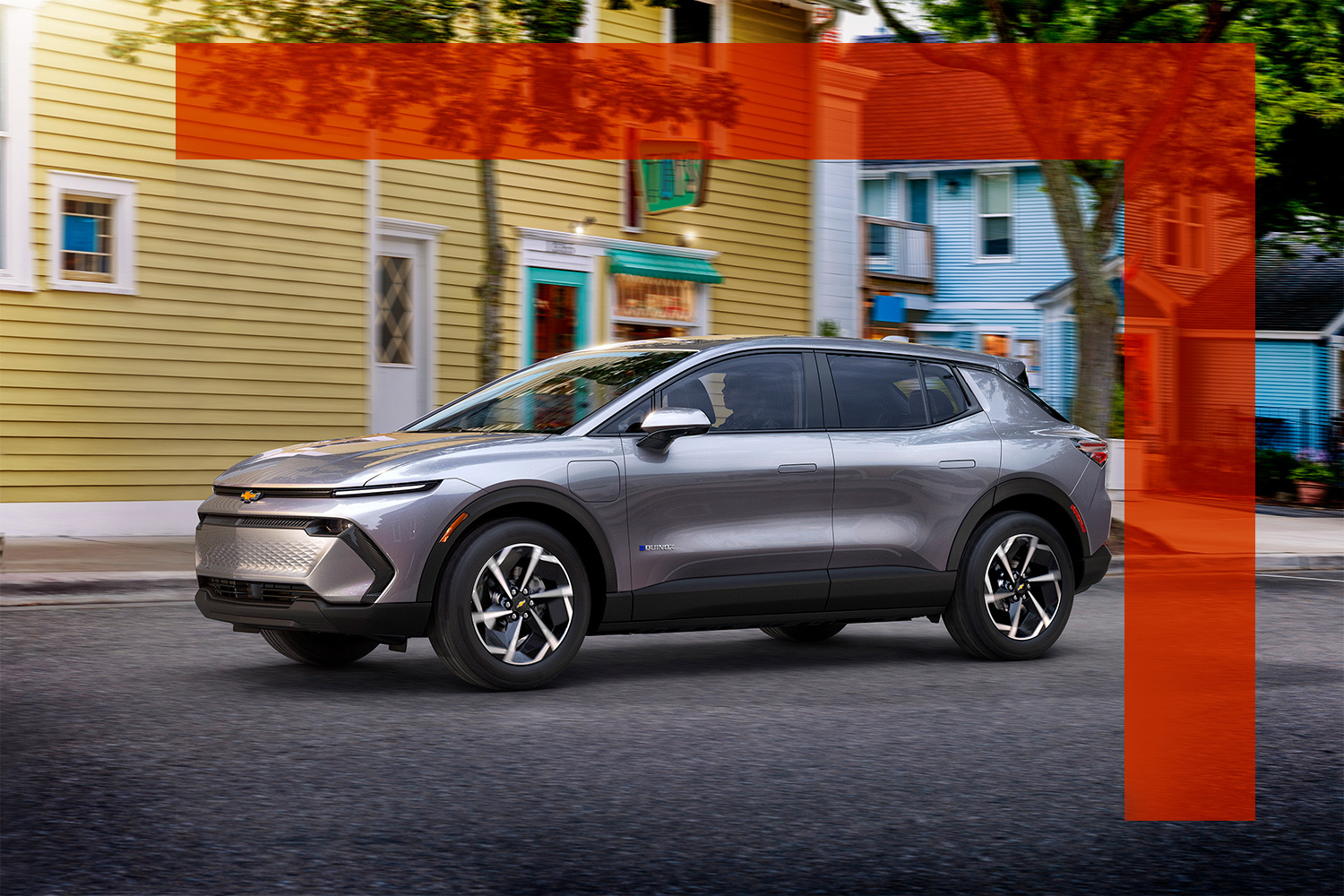
Are Fewer People Really Buying EVs?
There’s one glaring truth that’s obvious when examining the current EV market: nearly every early adopter who can afford a high-dollar model now has one. As a result, after hitting nearly 9% of new vehicle sales last year, electric vehicles have begun to plateau, sitting in showrooms longer, and causing some mainstream manufacturers to slow down their production plans.
Take a closer look at the models whose assembly lines are being idled and it paints a picture of plunging demand specifically for upscale vehicles. Ford, for example, has repeatedly inflated the price of its F-150 Lightning pickup and made it difficult for non-commercial clients to buy the $50,000 Pro version of the truck, instead steering retail buyers towards editions costing nearly six figures.
It’s unsurprising that the company is now having trouble finding a fresh batch of customers capable of absorbing the truck’s substantial cost. Furthermore, despite sales being up 55% year-over-year, the Lightning slowdown seems aimed at maximizing profits rather than building a beachhead with truck buyers of more modest means by amping up Pro production in place of Platinum trims.
Are Americans Really Disappointed in EVs? We Asked 7 Owners.
From a 27-year-old in Minnesota to a 68-year-old in Florida, we spoke with a range of buyers who decided to go electricDrag your eye away from rigs like the Lightning and instead focus them on models like the Chevrolet Bolt, which starts at just over $26,000, and the difference is startling. Chevy sold 62,000 examples of the Bolt in 2023, a figure that’s not only a 50% improvement compared to the year before, but one which is double the number of electric pickups Ford sold during the same period. And yet, we see Chevrolet adopting nearly the same strategy, slicing the Bolt from the lineup in 2024 in favor of profit generators like the $96,000 Hummer EV, which sold a piddling 3,200 models in comparison.
Zoom out as far as you can, and every single brand with a strong EV lineup sold more vehicles in 2023 than they did in 2022, and industry experts expect this trend to continue. Clearly, there is demand for EVs — but it’s going to take a ground-up strategy for automakers to engage with customers at a price point that is competitive with entry-level, gas-powered vehicles in order to maintain sales momentum. Relying exclusively on big-buck cash cows won’t get the job done anymore.

Are Better EVs on the Horizon?
The good news is, there are more than a few new EVs on the way this year, regardless of how deep your pockets are. Buick will be joining the Ultium party at General Motors with a small SUV dubbed the Electra E5, which slides in alongside the also-upcoming Chevrolet Equinox EV. Cadillac will be making the Escalade iQ available for full-size fans unable to stomach the Hummer badge in their driveway, while Chevrolet gains a Lightning competitor in the form of the Silverado EV (and so does GMC with the similar Sierra EV).
Performance fans will be keen to see whether the Dodge Charger Daytona SRT EV is able to spike their adrenaline in the same manner as the Hellcats it ostensibly replaces, while Hyundai throws its hat into the enthusiast EV ring for the first time with N editions of its Ioniq 5 and Ioniq 6 battery-powered machines. There’s even the outside chance that the Jeep Recon arrives this year, providing off-road fans with a way to silently splash through the mud.
These are just a handful of the dozens of electrics that are slated to drop over the course of the next 12 months. Brands like Lotus, Lucid, Fisker, Maserati, Porsche and Mercedes-Benz are also in the mix with fresh EVs slated to drop in the coming year.
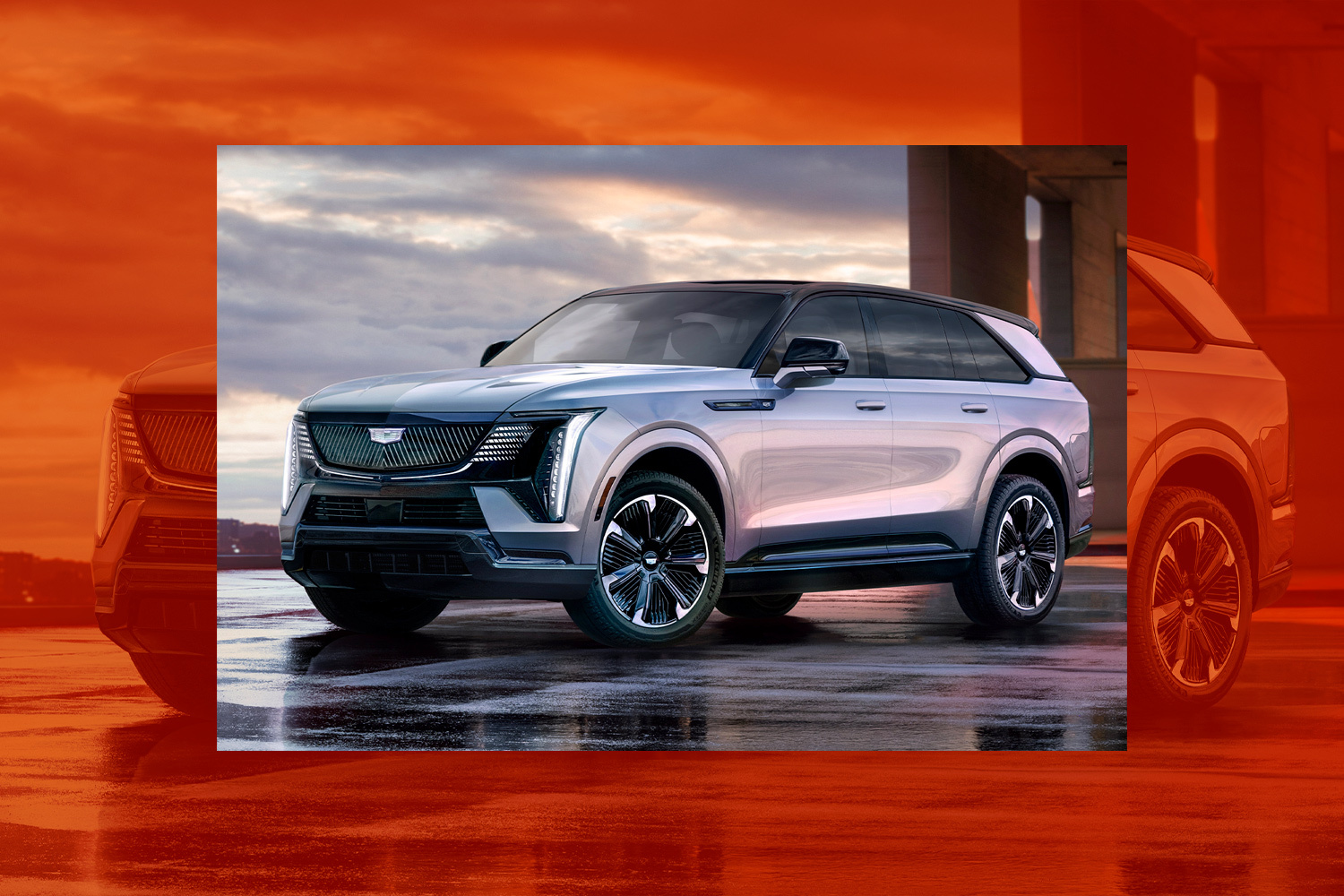
What Are EV Rebates Like Now?
Starting on January 1, 2024, the federal tax credit program for electric vehicles got a lot more complicated than it used to be. New factors concerning the details where an EV was built, the country of origin of not just its battery but the metals that are tucked away inside of it, their price, and the income level of the buyer all play a role in determining what, if any, rebate is available. There’s a price cap, too: You can’t buy an SUV or pickup with a window sticker of more than $80,000 and expect a rebate. For passenger cars, that limit sits at a much lower $55,000.
It’s not all bad news, however. It’s now possible to deduct the up-to-$7,500 credit at the time of purchase rather than waiting to file your taxes, and leasing an EV throws off some of the stickier aspects of credit program qualification. The list of qualified vehicles is shorter than it ever was, and some of them can only claim $3,750 rather than the full $7,500, but it’s an ever-evolving cast of characters as more and more models hit the market this year. As such, it’s good to double check the current status of the rebates before buying.
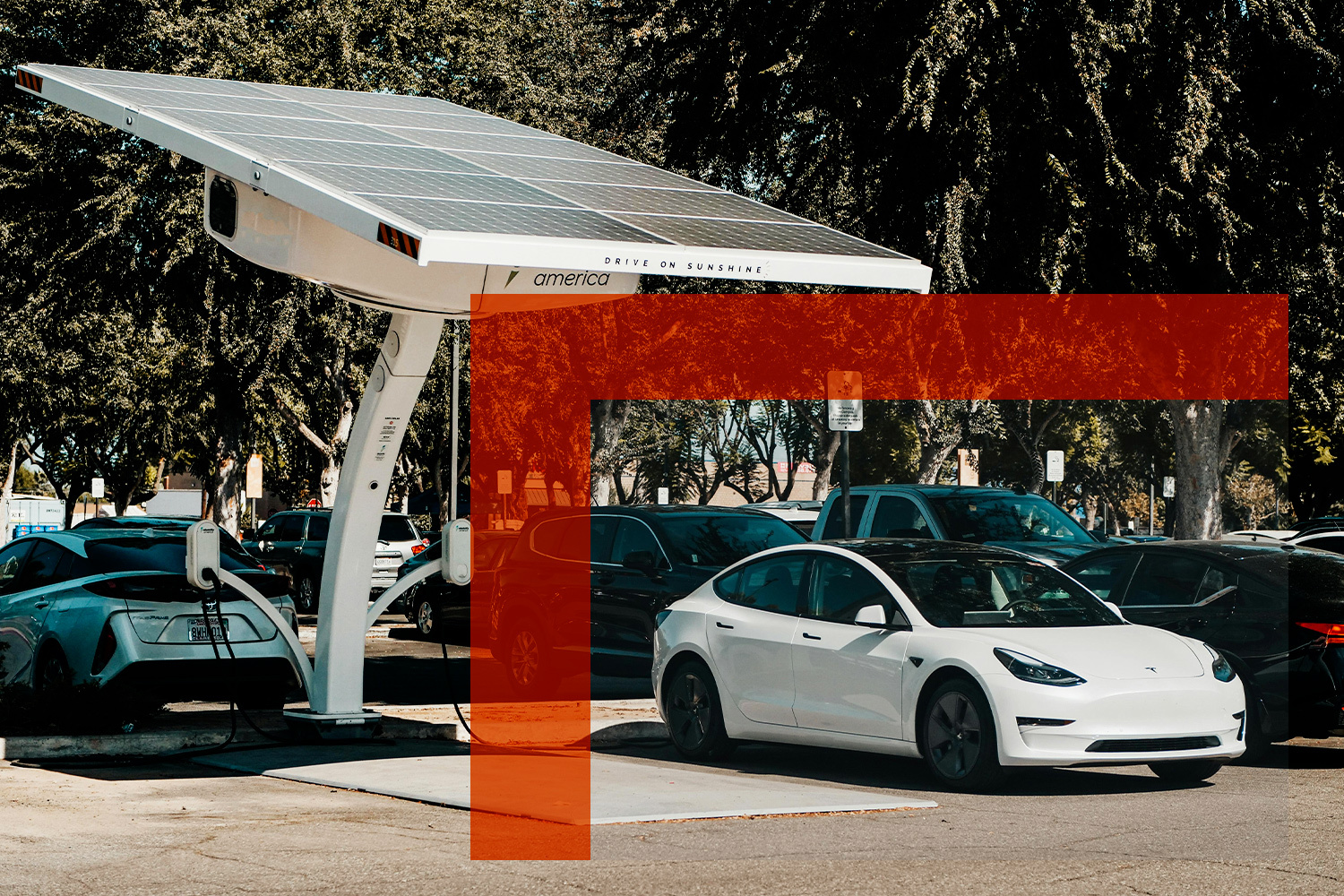
Is Charging Infrastructure Getting Better?
The biggest challenge facing EV owners who are unable to charge at home (typically apartment dwellers in larger cities) or who need to regularly hit the highway on longer road trips is the state of charging infrastructure across the country. Simply put, it can be an enormous challenge to find a working charging station in some areas, or even get up-to-date information about whether a given station is in service before committing to it.
Anecdotally, the investments are in place, as some charging networks have set their sights on high-end, comfortable waiting spots for you to relax while you re-juice. Market penetration also continues to piggy-back on established interstate and urban locations like fast food restaurants, creating a win-win situation for establishments guaranteed customers during the recharging pause.
Still, charging is the biggest concern among new-to-EV shoppers. There are reasons to be optimistic: the adoption of a single charging standard by most manufacturers (borrowed from Tesla’s Supercharger network) will in theory open up wide swaths of that company’s stations to non-Tesla owners; gas stations getting on board with adding chargers to complement their fuel pumps will make more real estate available for EV owners; and the National Electric Vehicle Infrastructure plan’s $5 billion investment in charging is sure to jump-start investment.
Right now, however, charging is highly variable, and depends on where you live, where you’re going, and how accurate your information is about the state of the stations you intend to use.
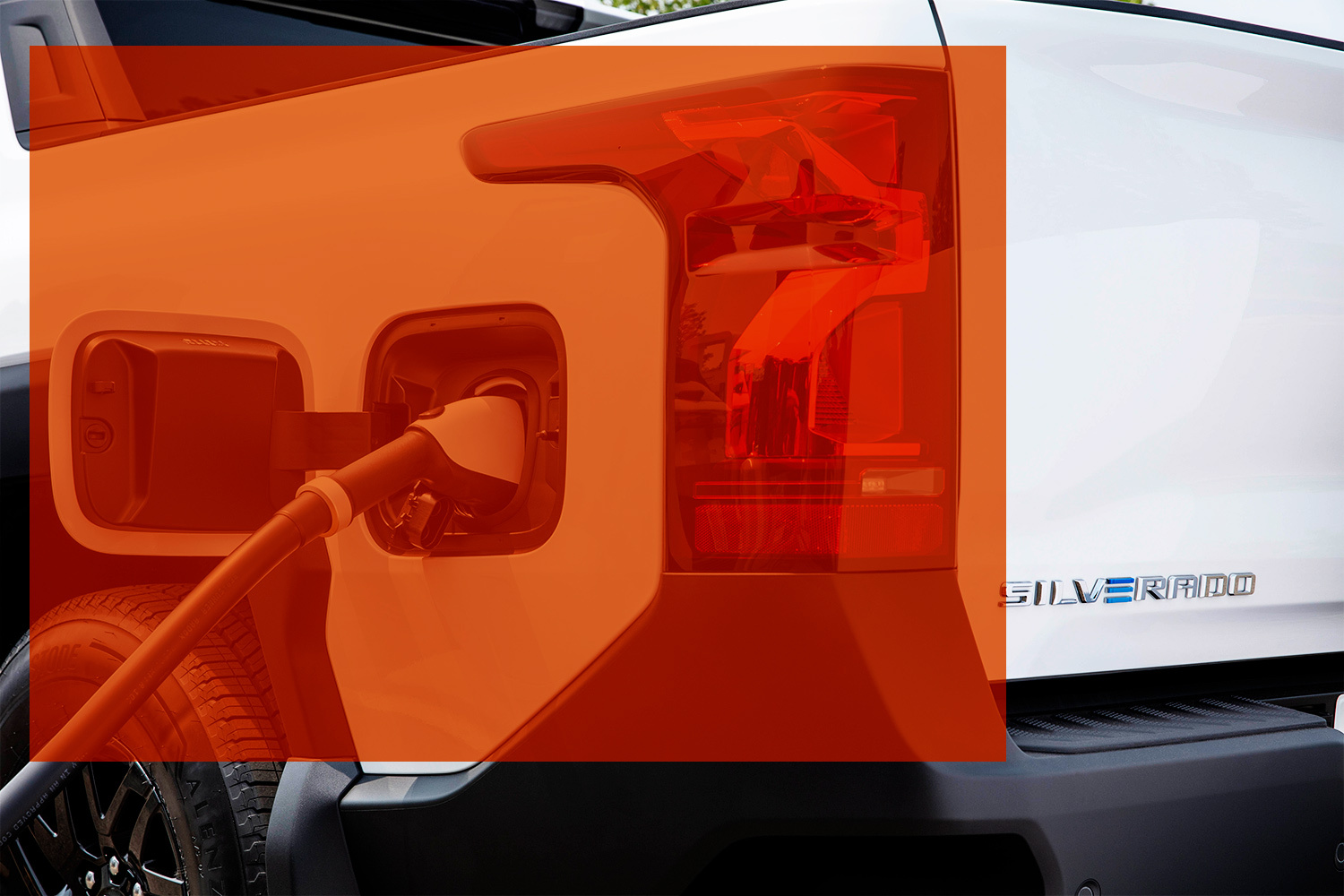
Is This Your Year?
Who most benefits from making 2024 the year they go electric? Taking in all of the above, the case is easier to make for anyone seeking to lease an EV (bundling the widest range of incentives and rebates with not being locked into a specific technology over the long-term), who also happens to have access to, or space to install, their own home charger. If you’re in the market for an electric truck and have been waiting for prices to fall, this may also be the time to strike as the market nearly doubles in terms of offerings, and high-end models, having thoroughly saturated the prospective buying pool, thin out from the mix in favor of more affordable fare.
That’s not the biggest slice of the American population, but it’s certainly not negligible. It’s also important to realize that EV adoption, more so than perhaps any other mobility trend outside of public transit, is based on the personal circumstances of individual drivers. The reality is, it’s difficult to generalize about who should and shouldn’t go electric because location, residential situation and daily driving habits play into the selection of an electric car, truck or SUV more so than in perhaps any other segment. That need for nuance may work against outlets seeking sensational headlines help to drive rage-clicks, but it’s the best perspective to take when considering how suitable an EV might be for you.
This article appeared in an InsideHook newsletter. Sign up for free to get more on travel, wellness, style, drinking, and culture.
